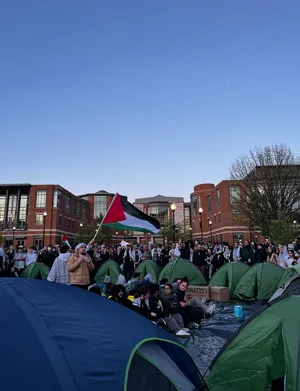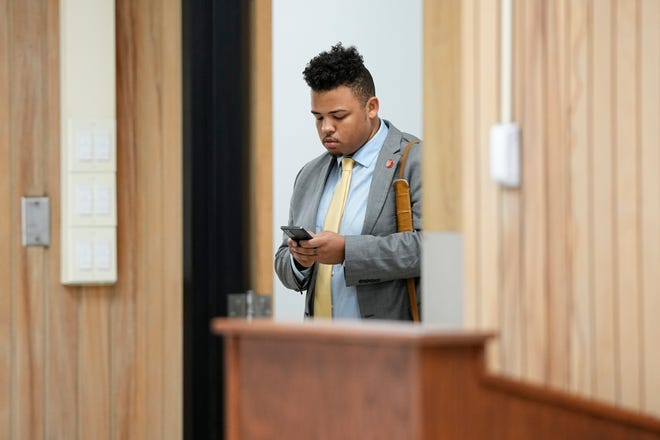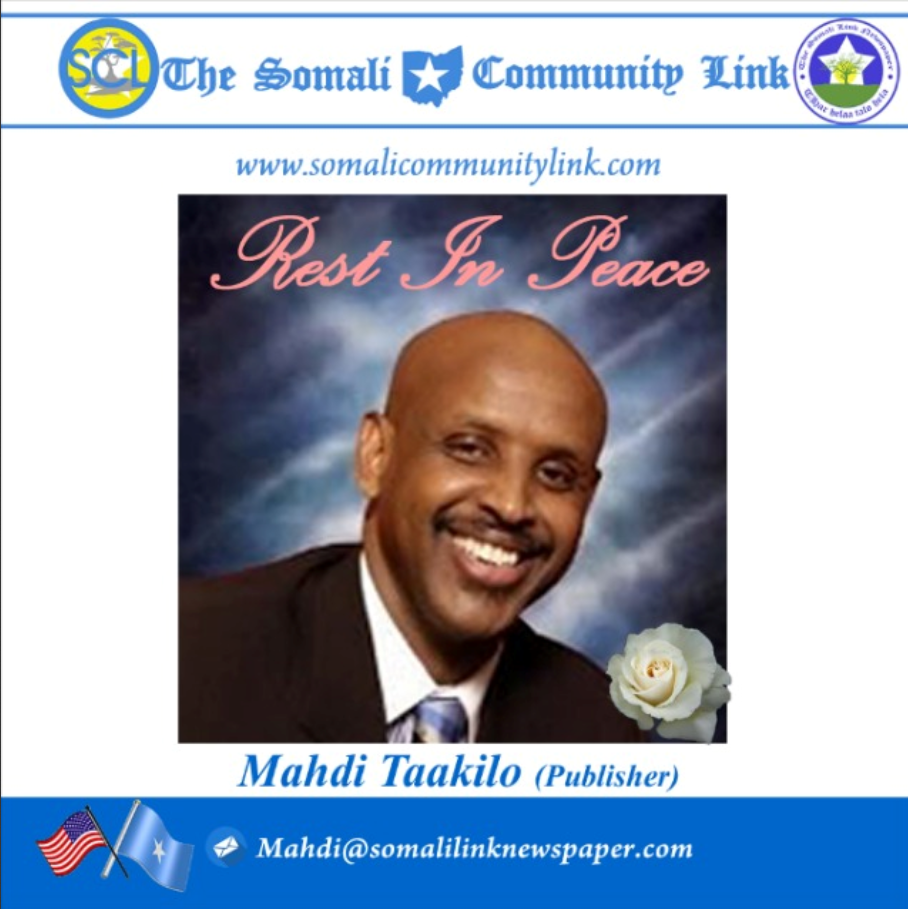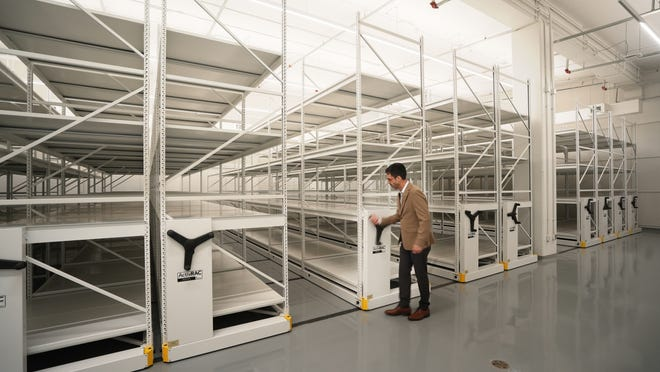Sumaya Hamadmad is an Ohio State University research scientist in the Department of Ophthalmology and Vision Science at the College of Medicine.
Every time I now step foot on the Ohio State University campus, I am filled with flashbacks of my humiliation in jail on the horrific day of April 25.
One question keeps ringing in my head: Is this the same place I chose as a refuge from dictatorship 24 years ago?
I was sitting with friends
That morning was nice and sunny, a rarity in Ohio this time of year, and I was enjoying the day on the oval, where students gather to chat, rest, tan, party, sleep — you name it.
I was sitting on the grass talking with a friend when a police officer approached us and demanded that we leave. Confused, I asked for an explanation, and he said it’s the “rules.” I replied that I work here, know the rules very well, and always respected them but never heard of such rules before.
I asked if he could please enlighten me. He replied that we were trying to “come back,” and he wanted to disperse the congregation. I said that I had just arrived, was not part of any earlier group or gathering, and if two people constituted a congregation, I would move six feet apart to sit by myself.
The officer left, came back with 17 other police officers, and insisted that I vacate the area.
I’m a Syrian immigrant. I carry the weight of dictatorship on my back.
I lived through it, was displaced because of it, and lost family members to its brutality before choosing to come to the U.S. 24 years ago as a graduate student.
I chose to attend higher education institution in the U.S. because it embodied anti-dictatorship ideals, freedom of thought and expression, religious rights, rule of law, critical thinking, and resistance to repression, whether religious or political.
That was the American dream for me. I have not taken these values for granted.
After arriving here, I committed myself to defending them through advocacy work.
Advocacy, a concept foreign to me before arriving in the U.S., became my calling.
I was defending American values
At OSU, I joined the University Staff Advisory Committee to advocate for employee rights and spearheaded initiatives like the Muslim Scientists and the SALAAM ERGs. I fought against censorship and discrimination and pushed for more religious accommodation in my children’s school district. I championed Syrian rights to democracy in the halls of Congress.
Advocacy for America’s core values was my antidote to dictatorship, and defending those values became my life mission.
I knew, however, that America is a work in progress. I experienced its foreign policy, and I have always taken heat from my family in the Middle East for defending America. I always realized that America might not be perfect; there is always room for change, for getting better or getting worse.
And that was what I thought about on April 25 when the police officer asked me to leave.
I was defending the very values that drew me to this country. I do not want America to fall into dictatorship because it is my last hope against the specter of authoritarianism.
“I really want to follow orders but I see a Syrian dictator in you right now,” I told the officer.
A 12-hour nightmare
Instead of empathy, I was met with handcuffs and accusations of criminal trespassing.
The following 12 hours in jail were a nightmare.
All my religious rights were violated: my hijab was taken away; I was strip-searched in front of male officers; I was denied an iftar meal while fasting; I had to use toilet paper as my prayer rug; I had to hold myself to my breath for 12 hours because I did not want to urinate in front of ten people in a holding cell; I was denied the right to make a phone call to inform my family what had happened and to ask for someone to pick up my children from school; and the list goes on.
The only thing that kept me strong—sadly—was having read Syrian prison horror stories and thinking, “It could have been worse.” I grappled with the cruel irony of that thought.

What haunted me most was the knowledge that 40 students from OSU were on their way to jail and were going to face similar ordeals. However, they had not read Syrian prison stories, and I wondered how they were going to be strong.
As I wrote this on the anniversary of the killing of four Kent State students who sacrificed their lives for this country to help it uphold its values, I reiterated what I told the police officers who were handcuffing me: “I love this country, and I don’t want it to fall into the dictatorship I ran away from twenty-four years ago. I am willing to defend that with my life.”
Sumaya Hamadmad is an Ohio State University research scientist in the Department of Ophthalmology and Vision Science at the College of Medicine.



































